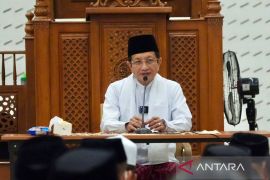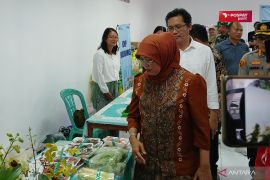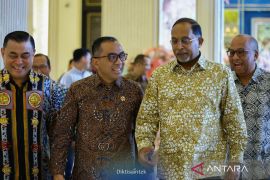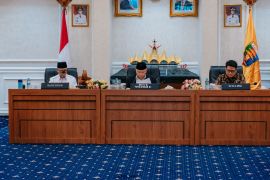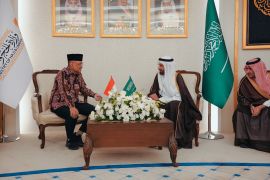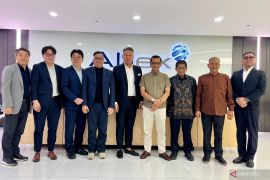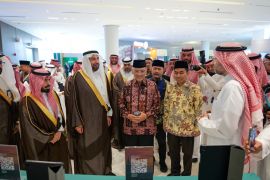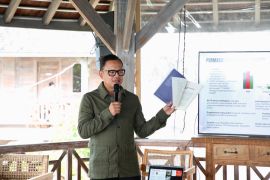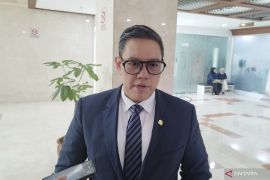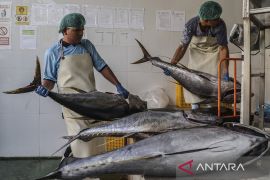"Unless restriction is done, the use of subsidized gasoline would reach 47 million kilolitres and, therefore, we will strive to save seven million litres," Widjajono Partowidagdo said.Jakarta (ANTARA News) - Deputy Minister of Energy and Mineral Resources Widjajono Partowidagdo warned that the quota of subsidized gasoline would be surpassed in October unless restrictions were implemented.
"Unless restriction is done, the use of subsidized gasoline would reach 47 million kilolitres and, therefore, we will strive to save seven million litres," he said here on Tuesday.
He noted that many efforts have been made to reduce the use of subsidized gasoline, such as by encouraging motorists to shift to non-subsidized gasoline or natural gas, improving the public transport service, and promoting the use of oil saving tools.
Based on the 2012 revised budget, the quota of subsidized gasoline was set at 40 million kilolitres, while for diesel fuel it was 13.880 kilolitres, and for kerosene, 1.7 million kilolitres.
The government plans to restrict the use of subsidized gasoline based upon car engine capacity.
In May 2012, the plan is expected to be implemented on official cars and cars belonging to state-owned companies and regional administration-owned companies across Java and Bali.
After 60 days, or around July, it will be implemented on community members in Jakarta and its vicinities, and in stages across Java and Bali.
The government will issue a ministerial regulation as a legal umbrella for the implementation of the plan.
The regulation will be made based on Presidential Regulation Number 15 of 2012, on the retail price and consumers of certain oil fuels, signed by President Susilo Bambang Yudhoyono in February 2012.
The restriction on the use of subsidized fuels will be carried out without using technology, but would probably be regulated using a sticker system.
The downstream oil and gas distribution regulator, BPH Migas, is still discussing the mechanism, based on consideration that it would enable quicker implementation. In the long term, however, it will be done based on some technology. (*)
Editor: Heru Purwanto
Copyright © ANTARA 2012
